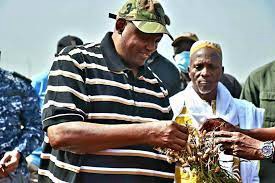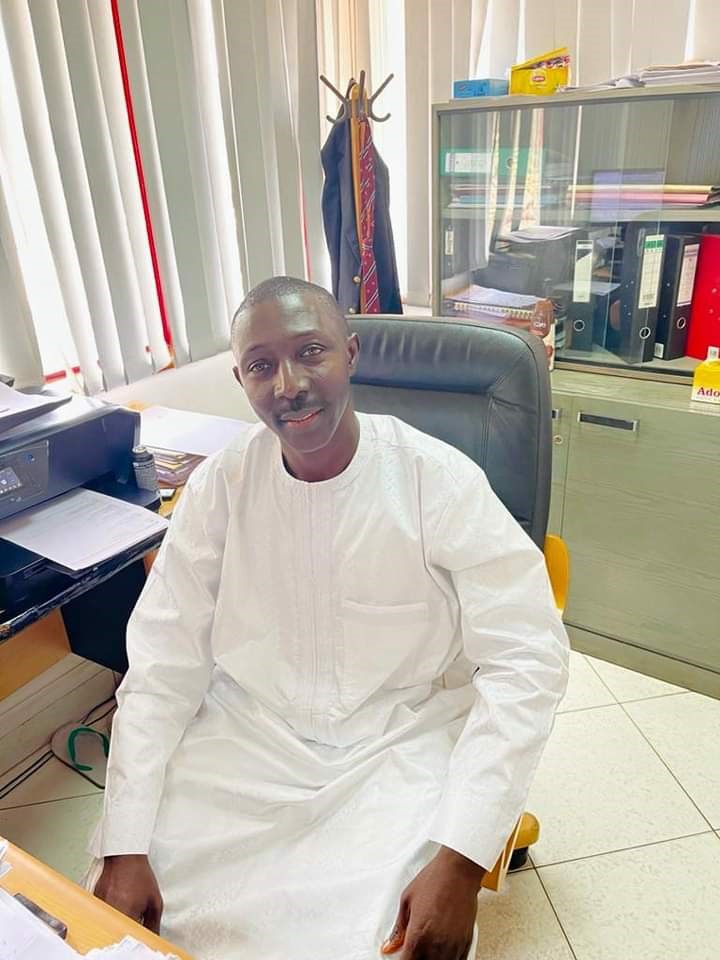By Binta Jaiteh
Allagie Mbow Vice-chairperson of the National Assembly select committee on Finance and Public Accounts Committee (FPAC) has told the members that the procurement of medical items amounting to GMD123, 232,642 were made without proper need assessments.
He made the statement during the laying of the committee findings on the Covid-19 phase 1 report revealing that the Ministry of Health (MoH ) could not be sure of the usefulness of some medical items in fighting the pandemic.
They further revealed that auditors also noted that detailed specifications of the medical items were not provided by the Finance and Procurement Committee.
Hon. Mbow pointed out that the Ministry of Health procured items such as the Covid-19 Organics that are not useful in response to Covid-19, noting that “this resulted in a waste of government resources and reduced the effectiveness of the Covid-19 response.”
According to him, in responding the Director of Health Services stated that there was no need for a lengthy needs assessment, which would have been an obstacle to a swift response to Covid-19, adding that the Director also said an assessment of the state of the country’s health sector and treatment centres was done.
“This was used to develop a procurement plan that was submitted to the Finance and Procurement Committee. Since the Directorate of Health Services was not required to secure approval for the said plan, it was not sought,” the Directorate of Health Services told the committee.
The Committee Recommended those Procurements must never be initiated without a proper needs assessment. After proper identification of needs or assessment, complete specifications should be prepared to ensure that the items procured are in line with the requirements.
Hon. Mbow further revealed that payments were made without supporting documents totaling GMD22, 669, 674 and that without payment vouchers, receipts, and delivery notes, it is impossible to ascertain whether the payment was executed diligently.
“The payment vouchers in question were quoted in a response to the auditors. The Procurement Committee’s approval relates to GAMWORKS.
That payment above D100, 000 was done through a bank-to-bank transfer via the Treasury Main Account (TMA), we, therefore, recommended that documents must always be presented to justify payments made and no accountant should process payments without adequate supporting documents. All the missing supporting documents must be sought and attached to the relevant PVs,” he said.
He said the inventory systems were not properly working at the Central Medical Stores and the health facilities visited by auditors.
He also said Tally Cards were not maintained, and neither were regular stock checks carried out and documented, noting that this poses a significant risk of items being lost or stolen without a trace.
Hon. Mbow, reported that auditors were told the right processes and procedures were followed and all the items were reported to have been delivered with proper procedures being followed but no further evidence was provided to substantiate this claim.
“Tally Cards must be maintained at all health facilities and regular reconciliations conducted between these records and physical items held in the stores. Any differences discovered must be fully investigated and reported. The audit exercise by NAO has brought to light inadequate and or inappropriate evidence being presented by the Ministry of Health to substantiate the procedures carried out during the procurement and distribution processes,” he reiterated
He added: ‘The procurements carried out were not executed in line with acceptable procurement standards, regulations, or laws. Procurement and distribution of medical items for use in the fight against Covid- 19 were not conducted by relevant Laws, regulations, World Bank procurement requirements, standard operating procedures, and stores regulations.”
He stressed that these aforesaid lapses unequivocally indicate that money has been wasted with poor controls surrounding the distribution and storage of medical items increasing the risk of such items not being readily available or effectively used in treating patients.
He disclosed that the committee concluded that whilst acknowledging the emergency nature of the situation, much procurement of food and medical items did not comply with relevant laws and regulations.
“ Issues of noncompliance were regular at all the stages of the procurement and distribution cycle and across the procurement and or distribution of both food and medical items. Thus full value-for-money might not have been achieved, public resources were wasted, and the GoTG COVID-19 response was not maximized.
Therefore, it is important that even when the country is faced with an emergency, proper procedures, as per the law, are followed. Although it may be necessary for Laws and Regulations to be flexible based on experiences from the initial pandemic response, this cannot be used as an excuse for the repeated breaches included in this report,” he said.
He pointed out that mostly, these breaches did not give any obvious benefit in responding to COVID-19 adding that in some cases, are likely to have undermined the overall objectives of treating sick patients and supporting vulnerable households.
He added that often these breaches are likely to have led to a significant waste of public resources and the government is urged to implement all the recommendations made by the committee.





